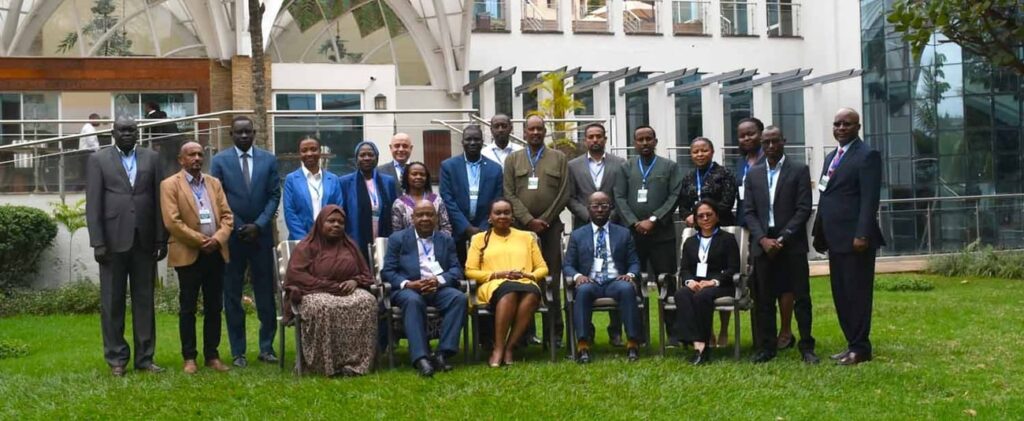AfDB–AU Partnership Targets 137,000 Annual Deaths from Foodborne Diseases in Africa
The African Development Bank (AfDB) and the African Union Commission (AUC) have launched the Strengthening Food Safety Standards and Nutrition in Africa (SFNA) project, a landmark initiative aimed at improving food safety, public health, and trade across the continent.
The project was inaugurated at a four-day workshop held from 26–29 August in Nairobi, Kenya. It seeks to address Africa’s pressing food safety challenges, with World Health Organisation (WHO) data showing that foodborne diseases cause an estimated 137,000 deaths and 91 million illnesses annually on the continent.
In his keynote address, César Mba Abogo, Director of the AfDB’s Joint Secretariat Support Office, emphasised the project’s alignment with the Bank’s High 5 priorities and Ten-Year Strategy (2024–2033). “This project is not just an investment, but a declaration of the Bank’s unwavering commitment to build resilient food systems from farm to fork, and to improve the quality of life for every African,” he said.
Dr Janet Edeme, Acting Head of Agriculture and Food Security at the AUC, described access to safe food as a fundamental human right and critical to achieving Agenda 2063. “Vulnerable populations, including children, pregnant women, older adults, and the immunocompromised, are most impacted,” she stressed. “Through the One Health approach, we must lay the foundations for resilient food systems and healthier communities across Africa.”
Backed by an African Development Fund grant of $8.57 million, the SFNA project will initially be rolled out in 10 countries: Cameroon, Chad, Madagascar, Mali, Mauritania, Mozambique, Senegal, Somalia, South Sudan, and Tanzania. Its three key components include harmonising food safety standards and boosting laboratory capacity, promoting a food safety and nutrition culture with a gender lens, and ensuring effective project management.
During the Nairobi workshop, participating member states presented their initial work plans and budgets, focusing on strengthening laboratory infrastructure, developing evidence-based food safety investment plans, and tackling specific risks such as aflatoxin contamination.
“This project embodies a collaborative and coordinated approach, leveraging the collective strength of African institutions to foster resilience and accelerate socio-economic transformation,” Mr Mba Abogo concluded. “It marks a significant step towards a safer, healthier Africa.”



